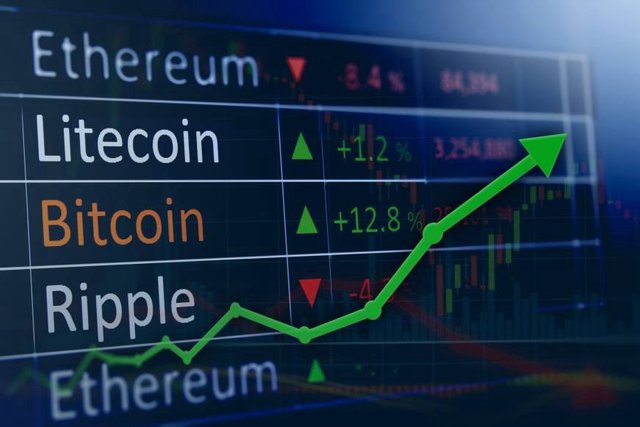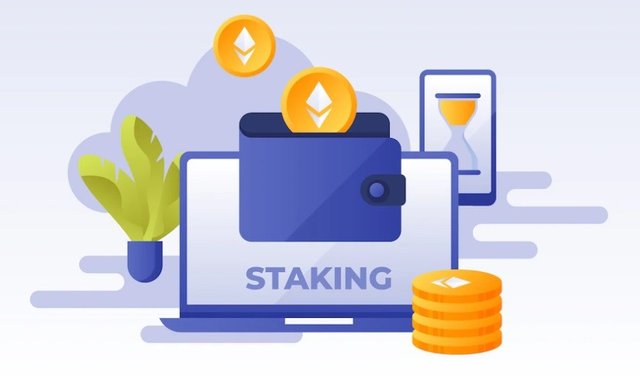I Bought My First Crypto…Now What? – Hodl, Trade or Earn

So, you’ve finally joined a crypto exchange (hopefully our guides helped) and taken the plunge and bought your first Bitcoin or altcoin, but now what? What do you do with it? We will show you the three most common options for handling your crypto assets – Hodl, Trade or Earn.
HODL
To HODL is essentially to hold. This is the simplest and safest strategy for beginners. But, even with Hodling there are some things that you must do. Firstly, get your crypto off the exchange. I think by now we’ve all heard the adage “Not your keys, not your coins”. You might be tempted to just leave your coins on the exchange as it is the simplest way, but do not do this. You will want to find the appropriate wallet for the coin you are holding and then send your coins to that wallet. From there, its simple, hold your coins in your own wallet until you are ready to move them back to the exchange to sell.
TRADE

Now that you have your first crypto, you may have got a taste for crypto trading. No matter what you choose to do, the simple rule is to buy low and sell higher. Stick to spot trading and have a plan. Stay away from leverage! Leave it to the pros, when you go long/short with leverage you can lose your crypto fast. Pick your entrance point based on whatever indicators you prefer and only buy if those conditions are met. Before you buy, plan your exit and pick your take profit point (again based on your own personal trading preferences) and stick to it. Do not FOMO in! Fear of missing out usually results in you rush-buying at a less than optimal trading point and there is no need to rush, there will always be another trade. Start trading small and use only a small percentage of your holdings. If a trade goes the wrong way, exit quickly and do not get caught holding the bag so to speak, cut your losses quickly before they hurt too much.
EARN

There are several ways that you can put your crypto to earn for you, but they come with some stern warnings. Many have been lured by the promise of “relatively risk-free high APY”, and have been burned in the process.
CUSTODIAL – Many exchanges and lending platforms offer various kinds of “staking” options where you “lock up” your coins with them for a given period of time and in return you receive interest. Be very careful doing this, as we have seen recently with problems at Celsius, Voyager and Vauld, if market conditions become too volatile and the staking provider hasn’t planned accordingly, you may find your coins paying his bill
NON-CUSTODIAL – If your coin/token is POS (proof of stake) or DPOS (delegated proof of stake) or some other variation of this, then you will most likely have a possibility of earning network rewards for holding/locking tokens in your wallet. This will vary between projects and is usually a much smaller return than offered by exchanges or lenders, but you are in control. This is a far better option, if you would like to see a small amount of growth on your stack of crypto. You will have the actual wallet of the project downloaded onto your pc and you will need to follow the simple instructions to begin staking. Stay tuned for our upcoming “staking” guide.
You may wish to also read our guide to Crypto Risks which you can find HERE! (https://www.comparebitcoinexchange.com/getting-started-3-risks-every-crypto-user-must-know/)
Remember, you’ve worked hard for your crypto and it should be respected. Store it safely, trade it wisely or stake it carefully. Best of luck!
Be sure to visit www.comparebitcoinexchange.com

Your post was upvoted and resteemed on @crypto.defrag